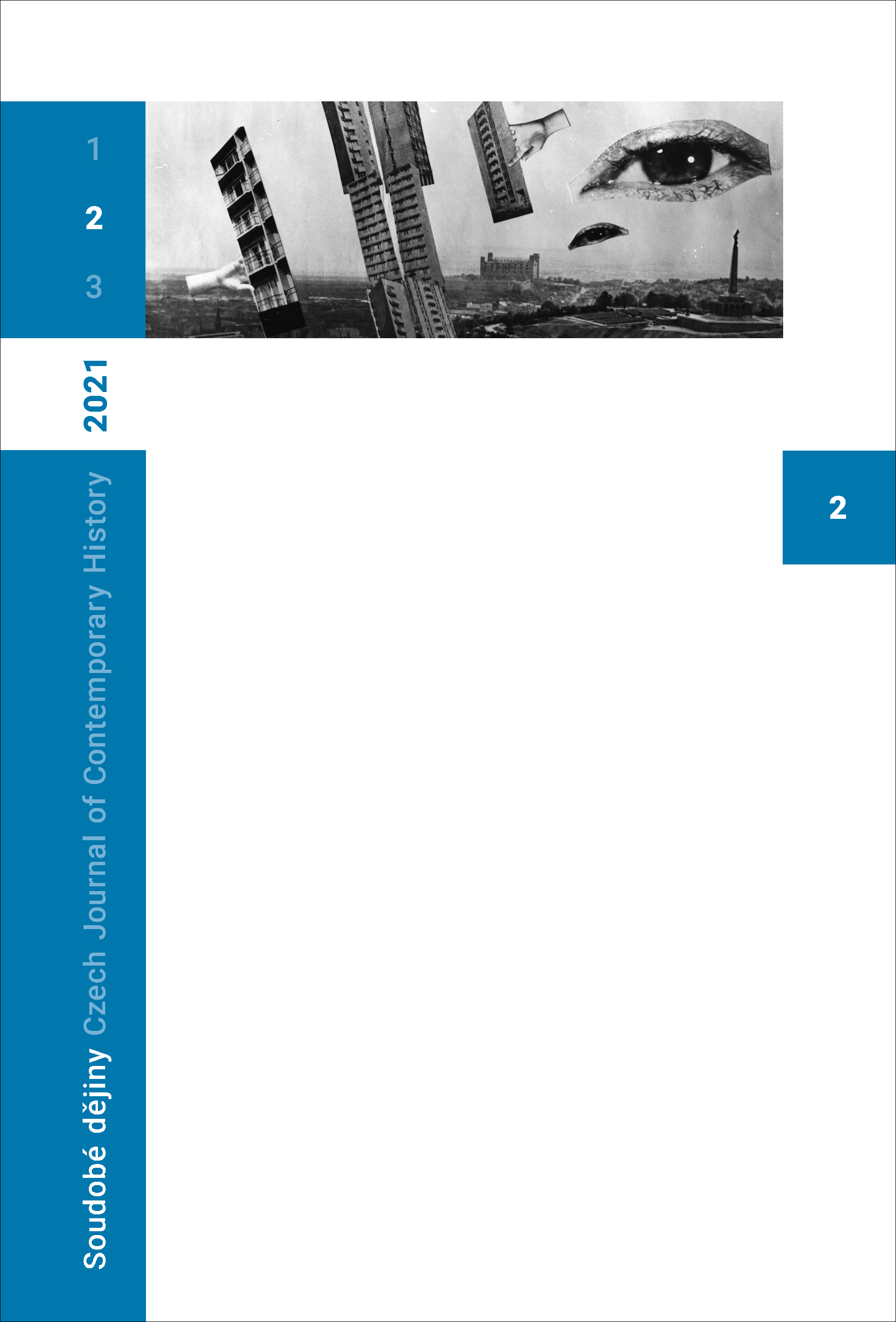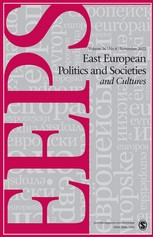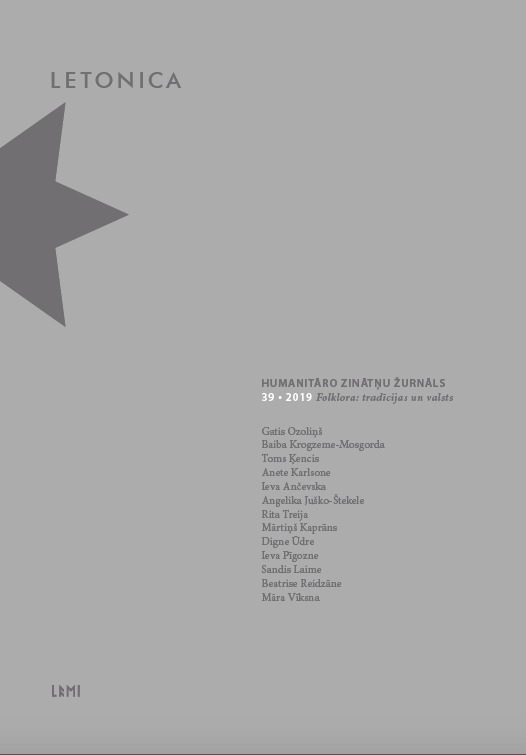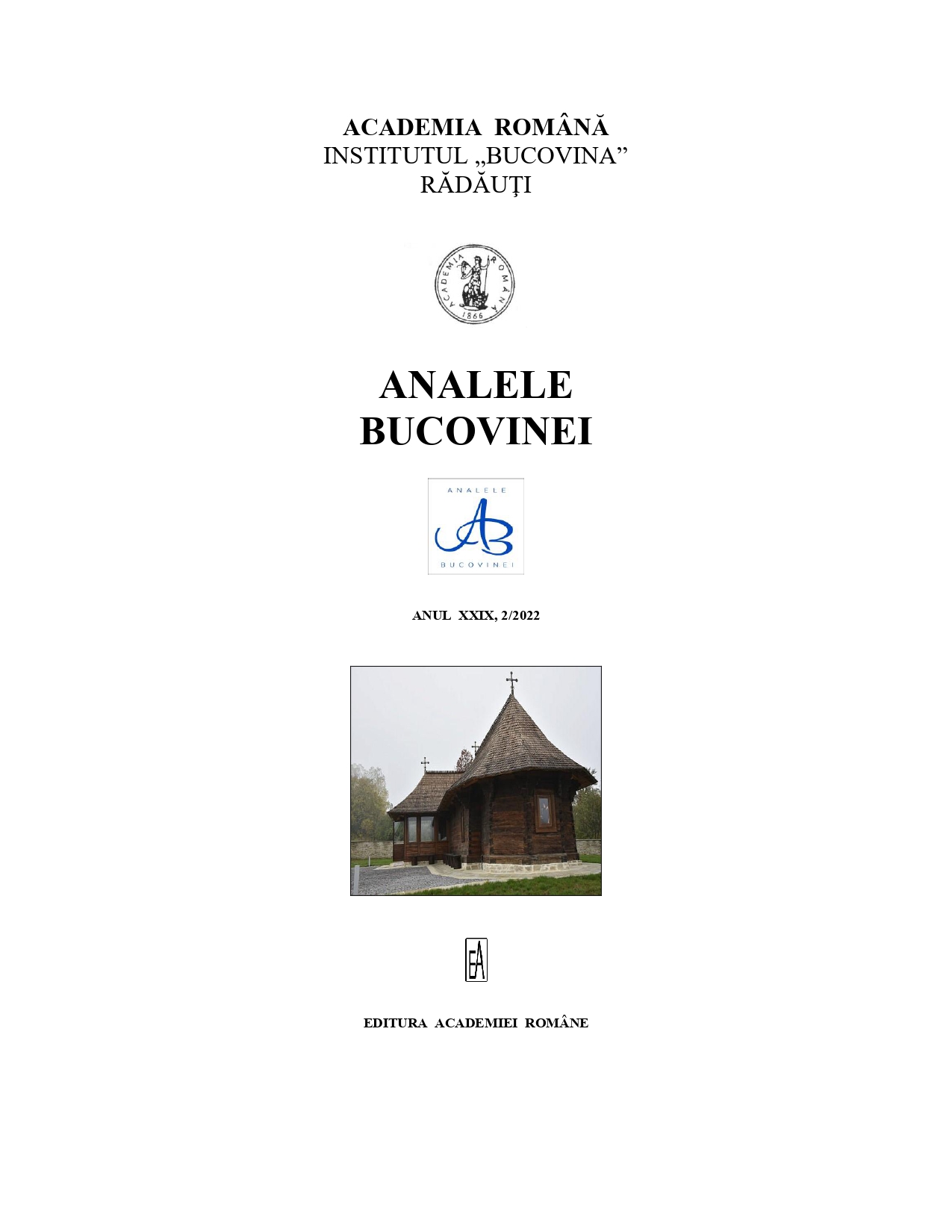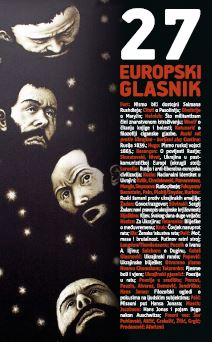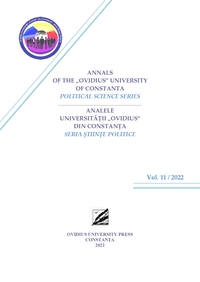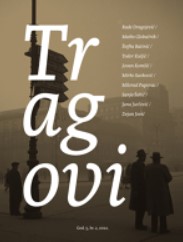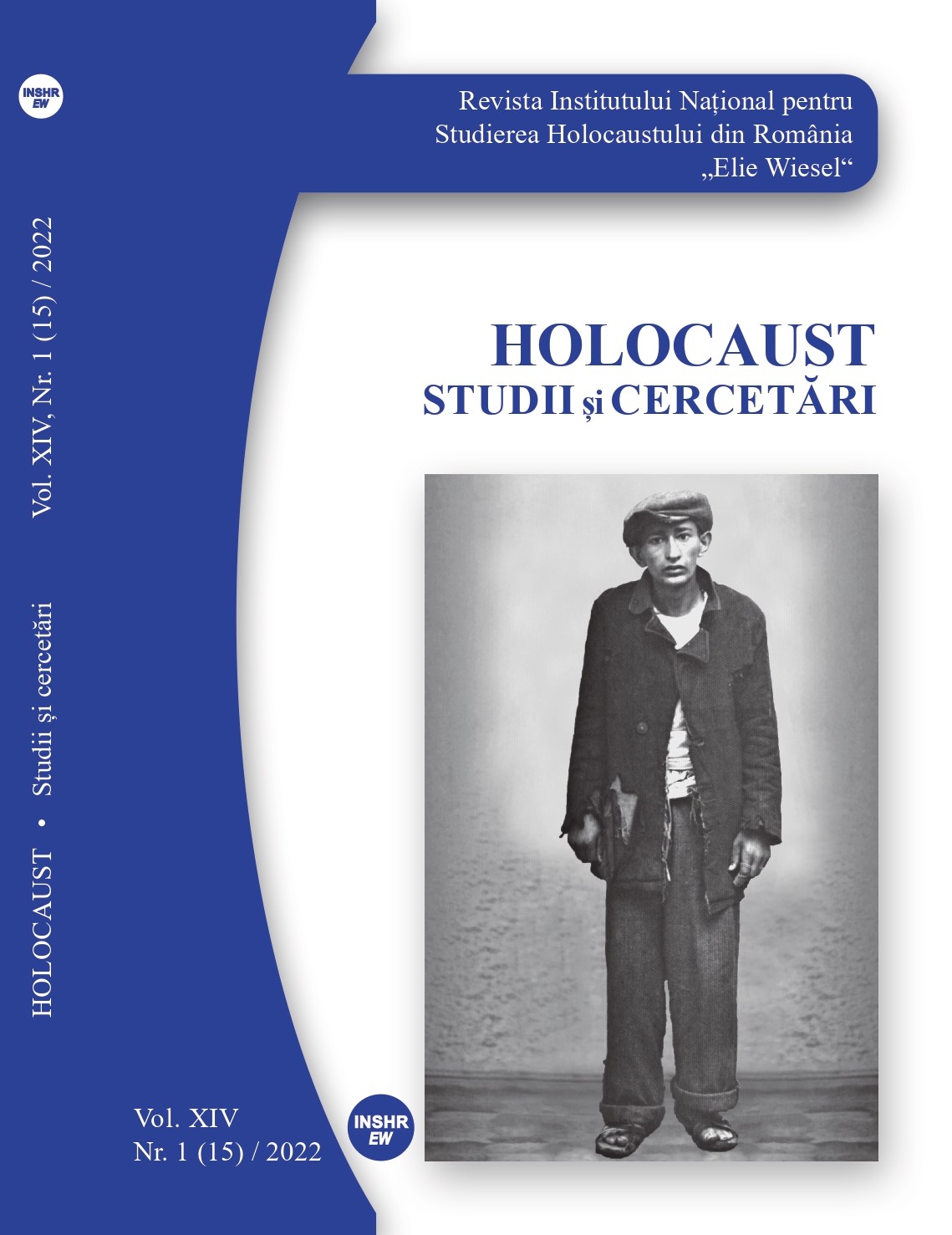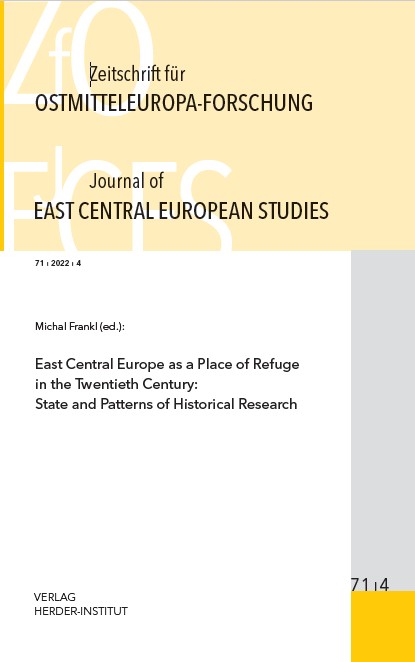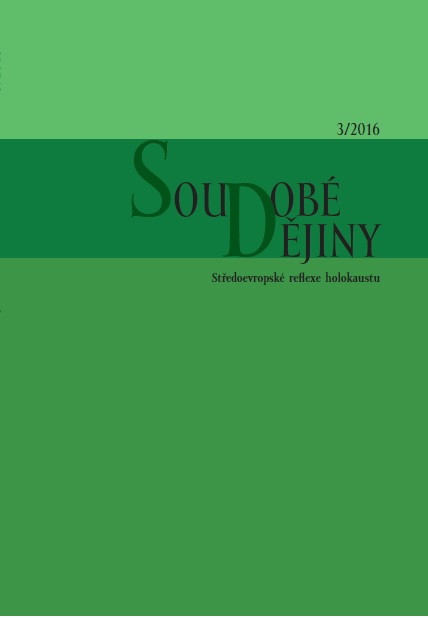
K dějinám obětí Víta Strobacha
In this contribution, the author responds to Vít Strobach’s ‘The History of the Victim: Concerning the Historiography and Politics of Identity of the Jews of the Bohemian Lands’, which is conceived as a polemic with the latest discussions about the history of the Jews, and not only those written by Czechs. The author considers it useful that Strobach is concerned only to summarize the content of the discussions, without drawing a clear line between historiography and politics, because he understands historians not only as academic actors but also as social and political actors. But, according to the author of this article, the results of the effort are not particularly convincing: Strobach’s categorizations of the ‘history of the victim’ type is not based on a thorough analysis of the sources, but are instead a judgement based on assumptions, which have guided him in his selection of texts. In consequence of this intentionally selective approach, Strobach creates a distorted impression of the nature of the whole discussion, because in current Czech historiography about the Jews and the Holocaust normative concepts of the ‘history of the victim’ does not play much of a role. Similarly, it can hardly be claimed that the history of the Jews is often said to be identical with the history of antisemitism. Concerning the ‘identity politics’ of the Jews of the Bohemian Lands, it is misleading of Strobach to claim that a form of the historical collective memory clearly defined in this way is asserted in historiography, without naming who exactly is the bearer of this memory. Moreover, he fails to define his basic terms, which thus lack an analytical keenness. On the whole, Strobach is satisfied with a simplistic, unoriginal critique, and fails to use the opportunity to constructively move the discussion forward.
More...
